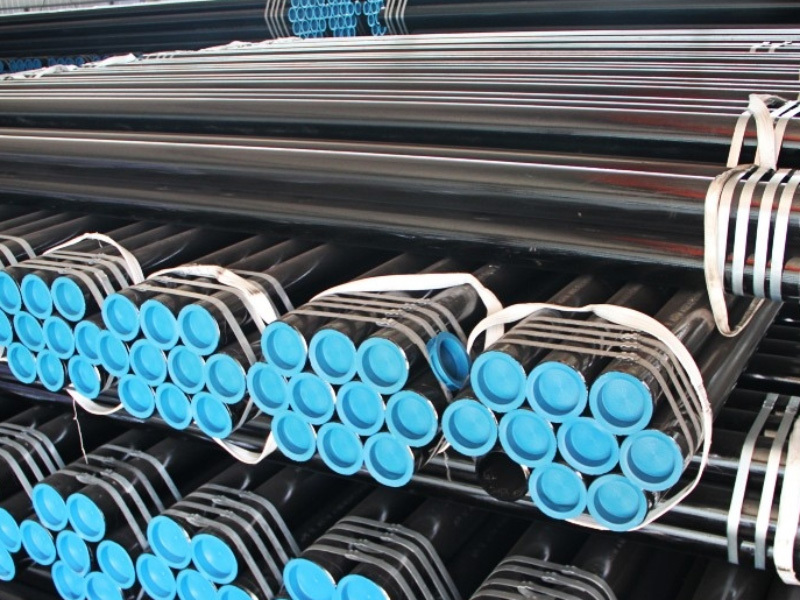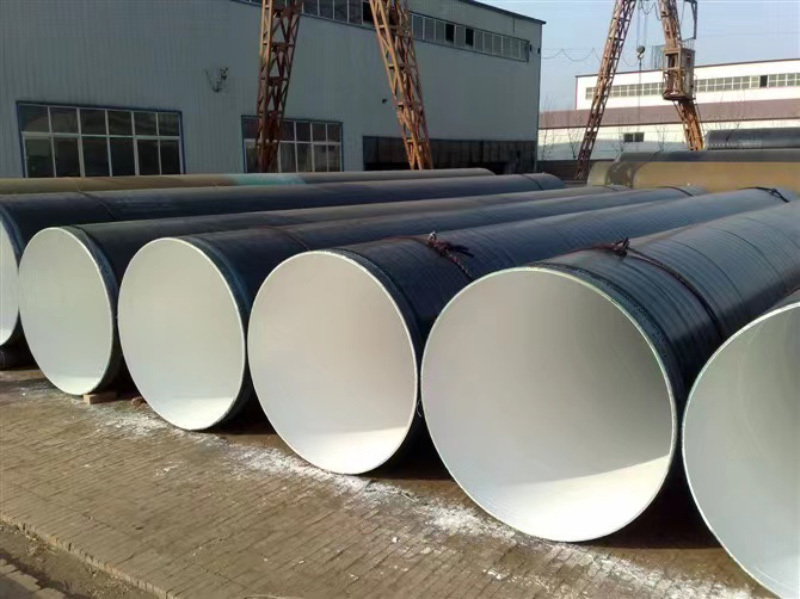Leading Smls Pipe and fittings supplier from China since 1991
Understanding Steel Casing: A Key Component in Electrical Insulation
Steel casing is an essential component widely used in the electrical and insulation industry. This robust protective layer serves a multitude of purposes, particularly in safeguarding electrical cables and wires. Its strength and durability make it an ideal choice for various applications, ensuring the reliability and longevity of electrical installations. One of the primary functions of steel cas
Jul 11,2025

Steel casing is an essential component widely used in the electrical and insulation industry. This robust protective layer serves a multitude of purposes, particularly in safeguarding electrical cables and wires. Its strength and durability make it an ideal choice for various applications, ensuring the reliability and longevity of electrical installations.
One of the primary functions of steel casing is to provide mechanical protection to electrical conductors. The casing acts as a barrier against physical damage from environmental factors such as moisture, temperature fluctuations, and mechanical stress. This is particularly important for installations in harsh outdoor conditions or industrial settings where exposure to chemicals or abrasives is common. By utilizing steel casing, electrical systems can maintain their integrity and performance over time.
Another significant advantage of steel casing is its ability to enhance safety within electrical applications. The casing helps to contain any potential faults or short circuits, minimizing the risk of electrical fires or hazards. Additionally, the conductive properties of steel can aid in grounding systems, further protecting both users and equipment. This safety feature is crucial for compliance with industry standards and regulations, particularly in environments where high voltages and currents are present.
Steel casing also plays a vital role in electromagnetic interference (EMI) protection. In many electrical applications, the transmission of signals can be disrupted by external electromagnetic fields. By enclosing cables within steel casing, it acts as a shield, preventing interference and ensuring the reliability of communication and power transmission. This is particularly relevant in sensitive applications such as data centers, telecommunications, and medical equipment.
Another aspect to consider is the ease of installation associated with steel casing. Many products are designed with user-friendly features that facilitate quicker and more efficient installation processes. This can lead to reduced labor costs and minimized downtime for projects, making steel casing an attractive option for contractors and electricians alike.
In summary, steel casing stands out as a critical element in the electrical insulation sector. Its mechanical strength, safety features, EMI protection capabilities, and ease of installation make it an indispensable choice for protecting electrical systems. By understanding the importance of steel casing, professionals can make informed decisions that enhance the safety and efficiency of their electrical installations. As technology continues to evolve, the role of steel casing in electrical insulation will likely become even more significant, ensuring that electrical systems remain resilient and reliable in an ever-changing environment.
One of the primary functions of steel casing is to provide mechanical protection to electrical conductors. The casing acts as a barrier against physical damage from environmental factors such as moisture, temperature fluctuations, and mechanical stress. This is particularly important for installations in harsh outdoor conditions or industrial settings where exposure to chemicals or abrasives is common. By utilizing steel casing, electrical systems can maintain their integrity and performance over time.
Another significant advantage of steel casing is its ability to enhance safety within electrical applications. The casing helps to contain any potential faults or short circuits, minimizing the risk of electrical fires or hazards. Additionally, the conductive properties of steel can aid in grounding systems, further protecting both users and equipment. This safety feature is crucial for compliance with industry standards and regulations, particularly in environments where high voltages and currents are present.
Steel casing also plays a vital role in electromagnetic interference (EMI) protection. In many electrical applications, the transmission of signals can be disrupted by external electromagnetic fields. By enclosing cables within steel casing, it acts as a shield, preventing interference and ensuring the reliability of communication and power transmission. This is particularly relevant in sensitive applications such as data centers, telecommunications, and medical equipment.
Another aspect to consider is the ease of installation associated with steel casing. Many products are designed with user-friendly features that facilitate quicker and more efficient installation processes. This can lead to reduced labor costs and minimized downtime for projects, making steel casing an attractive option for contractors and electricians alike.
In summary, steel casing stands out as a critical element in the electrical insulation sector. Its mechanical strength, safety features, EMI protection capabilities, and ease of installation make it an indispensable choice for protecting electrical systems. By understanding the importance of steel casing, professionals can make informed decisions that enhance the safety and efficiency of their electrical installations. As technology continues to evolve, the role of steel casing in electrical insulation will likely become even more significant, ensuring that electrical systems remain resilient and reliable in an ever-changing environment.
Hot Tags:
PREVIOUS:






